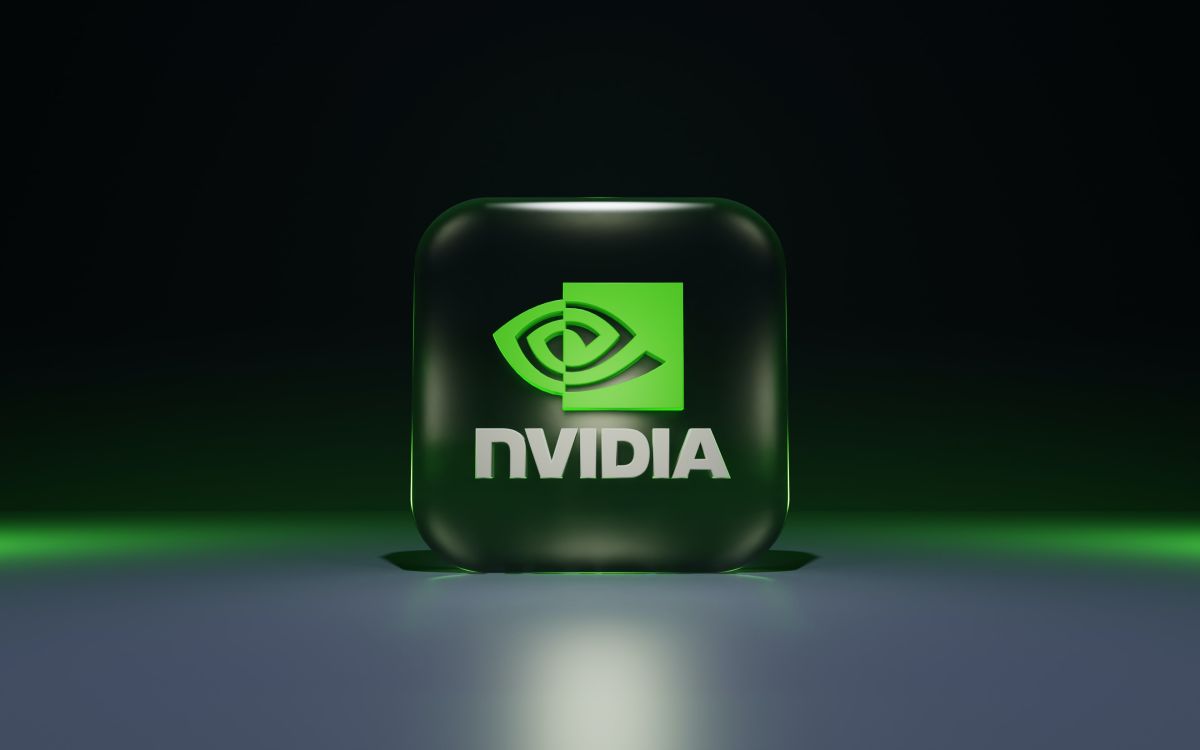Why no Operating System will Ever be Good Enough
The sheer volume of excitement about Windows 8 has taken me quite by surprise with more leaks than we ever saw with Vista or Windows 7 in the same time-frame. The excitement and hype easily matches that of Google's Chrome OS in the same period of its development, even though when the operating system finally arrives it will undoubtedly be a very hard sell to businesses and the general public.
So why do I have this bad feeling in the pit of my stomach that whatever Microsoft deliver next year won't be good enough? Microsoft tout the features of Windows 7, its stability and reliability almost to excess. Certainly it's the most stable, reliable and dependable operating system the company has ever produced.
Windows 8, when it finally arrives, will no doubt be even more reliable, stable and dependable than even Windows 7 is capable of being. Then there's been all the tablet talk in the last year or so. Google rushed a new version of its Android OS out of the door, Steve Ballmer has said that the next version of Windows will be tablet friendly and the world is looking forward to all that.
If we look at the, now mature, smartphone market though what do we see? Probably the biggest and most popular smartphone OS out there at the moment, Google's Android, is still based around a desktop with widgets on it. Indeed its handsets still come with a cursor you can move around. This is a good example I feel that no matter how good this particular smartphone OS might be, its still a step behind its users.
If you look back historically for instance to the days of MS DOS and Windows 1. By the time Windows and Mac OS were first released, users had already been clamoring for a GUI OS with alternatives such as DesqView and GEM rising to fill the temporary gap. With almost every OS the world has seen it's been a step behind its users.
But surely this is the problem, as new technology comes along we find more and more innovative uses for it and so the technology keeps getting left behind. Operating systems suffer from this problem even more. Look at Windows. The current version is leagues behind where its users want it to be. Only now are Microsoft taking features such as tablet functionality and System on a Chip seriously. All the companies responsible for hardware and operating systems are staying one step behind their users. There's one exception to this however and that's Apple.
Apple are the only technology company that's being proactive and trying to anticipate what its users will want to do in the coming years. It's this forward-thinking attitude that have put the company firmly in the lead, and that will keep it there until anybody else is brave enough to catch up. Nintendo and Microsoft have both achieved this to a lesser degree in recent years with innovative new ways to interact with their games consoles. These innovations aside though there's very little that's staying ahead of the users of modern technology.
So where does this leave any OS? If you look at any of the desktop operating systems, OS X, GNU/Linux and Windows, they're all currently playing catch up with their users. Now smartphone and tablet operating systems are doing the same with Google and Microsoft rushing to finish products they should really have brought to market a couple of years ago.
That was the time when people wanted these features, right back at the beginning. Unfortunately unless and until the big technology and software companies realise that the consumer is now ahead of them, no operating system will ever be good enough.
Advertisement

















I am not sure what is happening but one day you will need a system.
Running Arch Linux x86_64 with KDE SC 4.6.2 here: Win$hit has nothing to do with any serious OS; MacOS? Pretty, yeah, and cool of course – a Unix-like BSD at its core… the problem with it it’s the company behind, thay just want to know everything about you, f*ck you Mr. Jobs and company!!
F/LOSS is the way to go kids.
It has ever been so – Adam and Eve couldn’t leave the apple alone and now Steve Jobs has made a better one.
The only hype about windows 8 is being generated by Marketing flacks and people in the channel. Everyone else could care less. Same with Apple OX “Y u not send us more money?” and Android, which is everything you want it to be, provided you’re willing to help them steal the itune marketplace idea.
Boring. Wait until Microsoft releases MS Linux. You thought Windows ME sucked?
I’m happy to see that the usual OS flame war hasn’t broken out here! Usually I have to stop reading about 5 comments down because stupidity starts taking over – sometimes sooner than that!
As a user of several versions of Linux, two of OS X, and Win XP & 7, I have to say that none of them really hit the spot – my customized version of Ubuntu coming closest. But we’re all different, so how can “one” OS really do it for any of us? The reason that Linux comes closest is that it really is almost infinitely customizable, if you know just a little bit about how to go about it.
But that’s the supposed knock on Linux: you supposedly need to be a geek to use it! Not so in fact, but it is true that Linux is for folks who actually care and are interested. Whereas most Windows users I’ve met don’t care, aren’t interested, and only use it because it came on the computer when they got it, or they learned a little bit (emphasis on “little”) about Windows many years ago and are afraid of change. In spite of the fact that making the switch from XP to Win7 involves as much or more learning dislocation as switching from XP to Linux! The perception is that it’s still Windows, so they grouch a little and get on with learning to use it. The unwashed mass of Windows users remind me of folks who never learned to drive a stick shift car – they only know how to use an automatic, and even if it’s suboptimal for some uses, all they’ll do is complain – they aren’t interested in learning anything new.
I’d agree that for those too lazy to find out how to customize, OS X does the best job of optimizing the user experience. Win7 still seems a bit cumbersome to me, and you still have the interminable (though better) Windows administrative chores. And most Linux desktops aren’t much better than the Win and Mac alternatives until you start customizing, but then Linux offers much more personalization. That’s the state of the art right now.
Good points about backward-compatibility and Singularity! But as the article noted, Win8 looks to have a new approach. And Ubuntu is coming out with the Unity interface in 11.04, which I haven’t tried but have read some very good things about. Maybe with influence from the mobile sector, desktop OSs will start to catch up. (Or as some would have it, maybe they’ll disappear into a more mobile environment – if so, it ain’t coming tomorrow.)
I think the bottom line is that we’re all responsible for our own happiness, and we’re all responsible for the satisfaction we get out of our computing environment. If we don’t want to take that responsibility, then we’ll have a poorer experience.
Folks who take that approach will have to continue complaining about something they haven’t courage or interest in learning to change, and go get their satisfaction elsewhere in life. Much as I personally hate to admit it, there is life apart from the computer screen!
I’m a Linux newbie now running Ubuntu 64. My new HP AMD Quad Core box came with Win7 but after tedious adjustment and installation of anti-virus and Anti-malware programs it got a raging virus infection two days later – just like my XP machine. That was all she wrote. I bought a second hard drive, wiped Win7, set up a Raid 0 array and installed Ubuntu 11.04 (all in about 4 hours). I really disliked Unity – but guess what – I just opted to use Gnome instead! Libre Office works great and no Microsoft “ribbons”. Biggest challenge was setting up Samba to hit my last XP machine – and although it took longer than the initial setup, it also works great. The best part is the Raid 0 – the whole thing boots to the desktop in about 15 to 18 seconds from a cold start. You are absolutely right – if you are willing to learn something new (even if it’s just to preserve an environment that others think is “dated” but allows me to work really efficiently), Linux is truly “state of the art”.
I’m not sure where the comment about cursors/pointers in Android comes from. I don’t remember seeing one in my HTC Legend and the Nexus S certainly doesn’t have one (it doesn’t even include the old multi-directional cursor key)… so though I agree with your post, I’m not sure that this is a fair criticism.
I want a cafeteria kind of OS so I can pick and choose the features I want but not be stuck with those I don’t use – or have to pay for them either.
Your wish is granted – Linux it is. Pick and choose what you want to use.
Many good points here. Backwards compatibility has been windows thorn in the side for many years.
I think many different os is missing the point when trying to be something. They fall into the politics of what they are thought to resemble but that is a huge mistake. For me an os should present as many possibilities as possible for the end user. I get shills down my spine every time an os is restricting me from doing something. And to me thats a testiment to linux I hope will be adopted into other systems.
Besides the politics, the big change for windows the last years has again been driven by games and game back-ends like directx. That has pushed more people to newer microsoft os than anything in my view.
I think the main problem is that OSs are restrained by the back-compatibility. Mobile OSs didn’t have this problem and this is why they are up-to-date.
and now all together: hail apple!
You want to make a note of this, I’m usually accused of being very anti-Apple :/
I agree that Microsoft will have a hard time selling Windows 8, especially to Windows 7 customers. I’ll definitely switch to the new operating system as I like what I’m seeing so far.
I recall reading many years ago Microsoft was working
on a new OS called Singularity based on a modular design.
I recall it was entirely new OS which expanded according to need.
This is just the type of operating system needed today
with fewer components deployed for smart phones,
more added for tablets, more for computers.
The ecosystem would all be integrated and
all devices could easily work together.
I am not sure what happened to Singularity.
One day there will be such a system
which of course is needed now.
look at gnome shell aka gnome3 it isn’t playing catch up